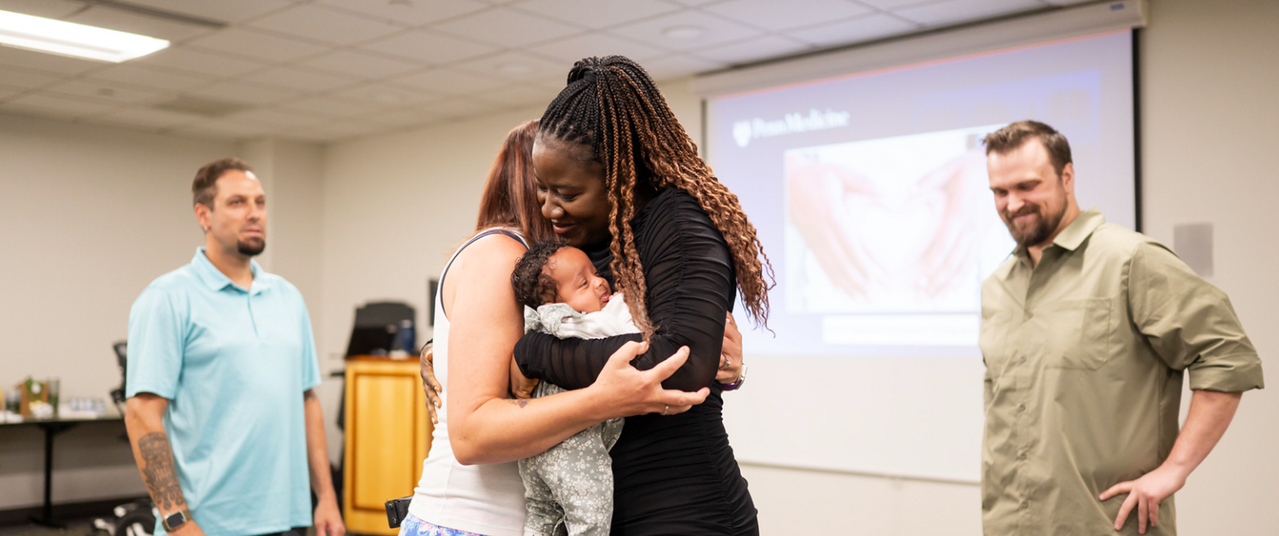- Increase understanding of male and female reproductive organ function throughout the lifespan
- Enhance studies of male and female gametogenesis, infertility, fertility regulation, pregnancy and pregnancy outcomes using state of the art technology
- Identify and embark on translational research connecting all facets of women’s health (physical, mental, and social well-being)
- Expand basic knowledge of the developmental origins of health and disease by studying pre-implantation embryos through in utero development and pregnancy
- Develop diagnostics and interventions to treat infertility, reduce maternal, fetal and neonatal morbidity and mortality
- Train the next generation of scientists and physicians who will focus on reproduction and women’s health
- Communicate research with other scientists and the public, including outreach to local schools

Penn has been committed to reproduction and women’s health research since the founding of the Reproductive Biology Program in 1966 and the broadening of its scope with the establishment of the Center for Research on Reproduction and Women’s Health in 1993. The Center’s renaming, as the Center for Women’s Health and Reproductive Medicine in 2024, reflects Penn’s renewed commitment to the program and further defines not only the Center’s traditional basic investigations into gametogenesis, developmental processes and improving reproduction and pregnancy outcomes, but also to stress the Center’s translational and clinical research priorities. As CWHRM embarks on this continued journey, our focus is greater than just reproductive health: We aim to examine the entire being and the impact of female-specific health and disease throughout the lifespan. We recognize males and females often have unique disease presentations and therapeutic responses. Our team consists of scientists and physicians engaged in cutting edge-research aimed at improving health outcomes for women. This research does not just drive clinical advances, but also informs clinical decisions and changes lives. The unique health challenges faced by women deserve equally unique, evidence-based solutions and we are committed not only to explore these but to also lead in advancing the healthcare for future generations. CWHRM is home to one of the few March of Dimes Prematurity Research Centers in the country as well as the Penn Center for the Study of Epigenetics in Reproduction, the Pregnancy and Perinatal Research Center and the Penn Ovarian Cancer Research Center. If you are a trainee entering the field, we welcome your ideas and invite you to join us as we uncover breakthroughs in reproduction and women’s health.




